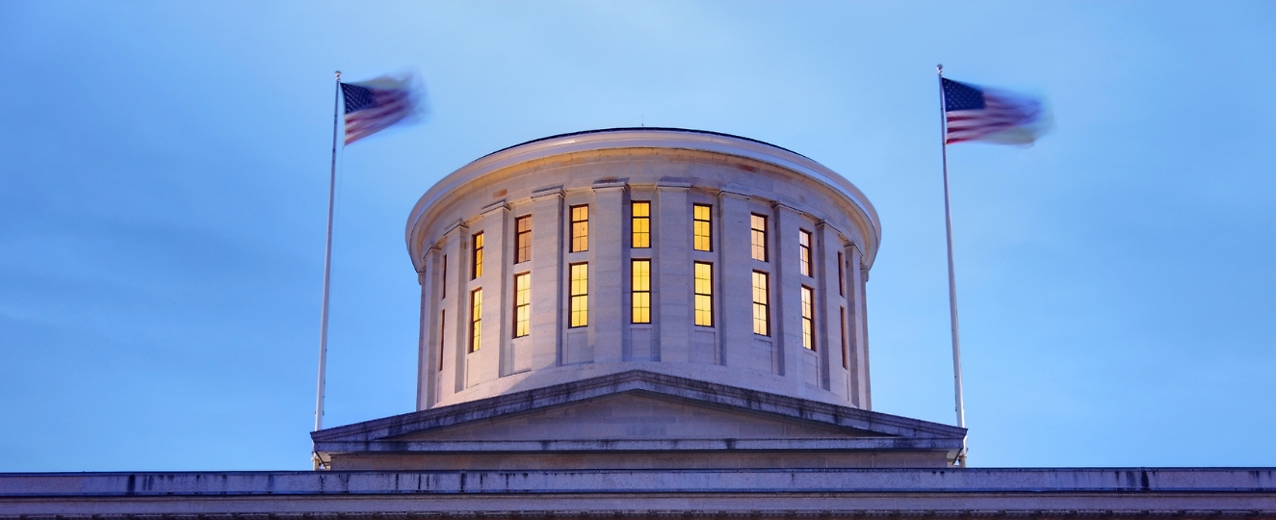Prisoners awaiting trial “must be given same voting rights as other citizens,” U.S. District Court Judge Michael H. Watson recently found, ruling on a case filed by two men incarcerated in Montgomery County last year, The Columbus Dispatch reports.
A federal judge denied a preliminary injunction sought by Project Veritas “challenging Ohio’s prohibition against individuals going undercover on political campaigns,” The Columbus Dispatch reports.
Introduced on October 26, 2019, House Joint Resolution 2 (HJR 2), titled the “Ohio Critical Infrastructure Protection Amendment,” seeks to place a constitutional amendment before Ohio voters prohibiting foreign businesses and individuals from having a majority ownership interest in critical infrastructure located in Ohio.
We’ve previously covered whether you need to register with the State of Ohio as a lobbyist, but, like many of the topics our team discusses, there is a municipal component as well. Many cities, especially larger ones, have their own lobbying registration and reporting requirements.
On October 4, 2019, the Ohio Supreme Court denied the writ of mandamus by L. Stephen Combs to require the Greene County Board of Elections to count the signatures on Combs’ petition and certify his name for the November 5, 2019, election.
On September 16, 2019, the Ohio Supreme Court found that the Trumbull County Board of Elections abused its discretion when it removed Randy Law from the ballot as an independent candidate for Mayor of Warren and ordered the board to recertify Law’s candidacy to the November ballot.
An investigation into $120,000 missing from the campaign account of U.S. Representative Steve Chabot (R-Ohio) highlights a loophole in the federal campaign finance system, according to a recent editorial in The Toledo Blade.
On August 14, 2019, the Ohio Supreme Court unanimously struck down the use of secret ballots during a public meeting in its decision in State ex rel. More Bratenahl v. Bratenahl.
An Ohio law that prohibits campaign spies was challenged in federal court by Project Veritas, a non-profit organization that describes itself as engaging “almost exclusively in undercover journalism to report to the public about instances of corruption, fraud, waste and abuse.”
In issuing its 5-4 opinion in Rucho et al. v. Common Cause et al., the Supreme Court has effectively withdrawn from partisan conflicts on gerrymandering playing out across the U.S.


